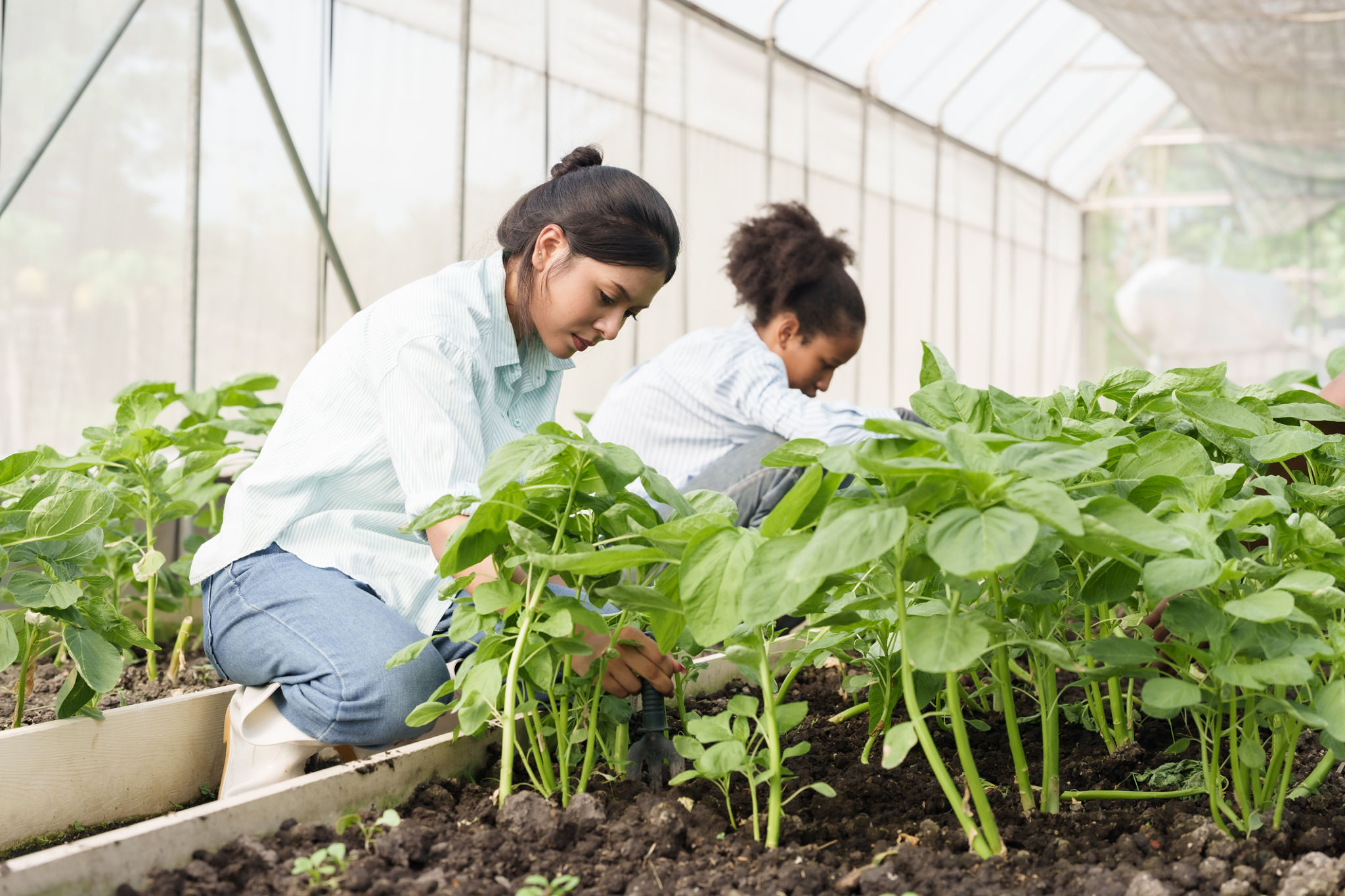Understanding Agronomic Support: How It Benefits Farmers in Ghana
What is Agronomic Support?
In the context of agriculture, agronomic support refers to a range of services and advice provided to farmers to enhance their productivity and sustainability. This includes guidance on crop selection, soil management, pest control, and more. For farmers in Ghana, agronomic support is vital for optimizing yields and ensuring food security.

The Role of Agronomic Support in Ghana
Agricultural practices in Ghana are largely traditional, with many farmers relying on age-old methods that may not be as efficient in the modern context. Agronomic support plays a crucial role in transitioning these practices by introducing improved techniques and technologies. This support helps farmers adapt to changing climate conditions and market demands.
By providing access to expert knowledge and resources, agronomic support empowers farmers to make informed decisions, thus enhancing their productivity and profitability.
Key Benefits of Agronomic Support
There are several ways in which agronomic support benefits farmers in Ghana:
- Improved Crop Yields: Expert advice on soil health and crop management techniques can significantly increase yields.
- Pest and Disease Management: Proper guidance helps in early detection and control, reducing crop losses.
- Sustainable Practices: Encourages environmentally friendly farming methods that protect the ecosystem.

Access to Modern Technology
A key component of agronomic support is the introduction of modern technology. This includes the use of drones for crop monitoring, mobile apps for real-time data, and advanced irrigation systems. These technologies help farmers optimize their operations and increase efficiency.
Moreover, access to technology ensures that farmers can respond promptly to issues, minimizing potential damage and maximizing productivity.
Education and Training
Agronomic support often involves educating farmers through workshops and training sessions. These programs focus on equipping farmers with the necessary skills and knowledge to implement modern farming techniques effectively. This educational component is essential for long-term success and sustainability.

Challenges in Providing Agronomic Support
Despite its benefits, providing agronomic support in Ghana faces several challenges. These include limited access to resources, inadequate infrastructure, and a lack of funding. Overcoming these hurdles requires collaboration between government bodies, NGOs, and private sectors to ensure consistent support for farmers.
By addressing these challenges, Ghana can enhance its agricultural sector's capacity to contribute to economic growth and food security.
Future Prospects
The future of agronomic support in Ghana looks promising, with various initiatives aimed at expanding access and improving quality. Continued investment in technology and infrastructure will further strengthen the support system, enabling farmers to thrive in an ever-evolving agricultural landscape.
As more farmers embrace these innovations, agronomic support will undoubtedly play a pivotal role in transforming agriculture in Ghana, fostering prosperity and sustainability.
